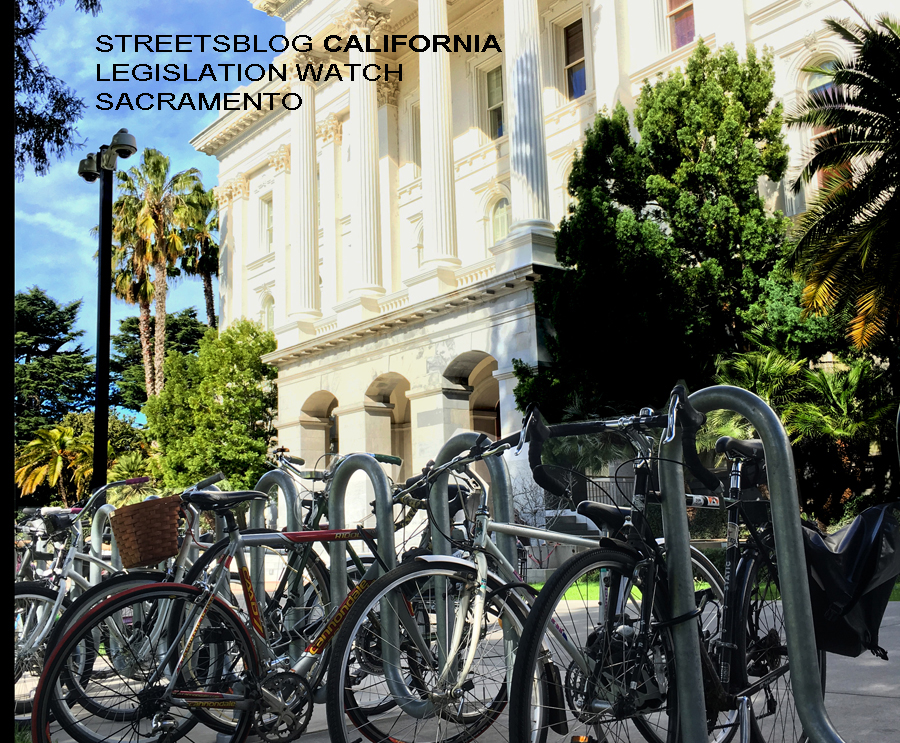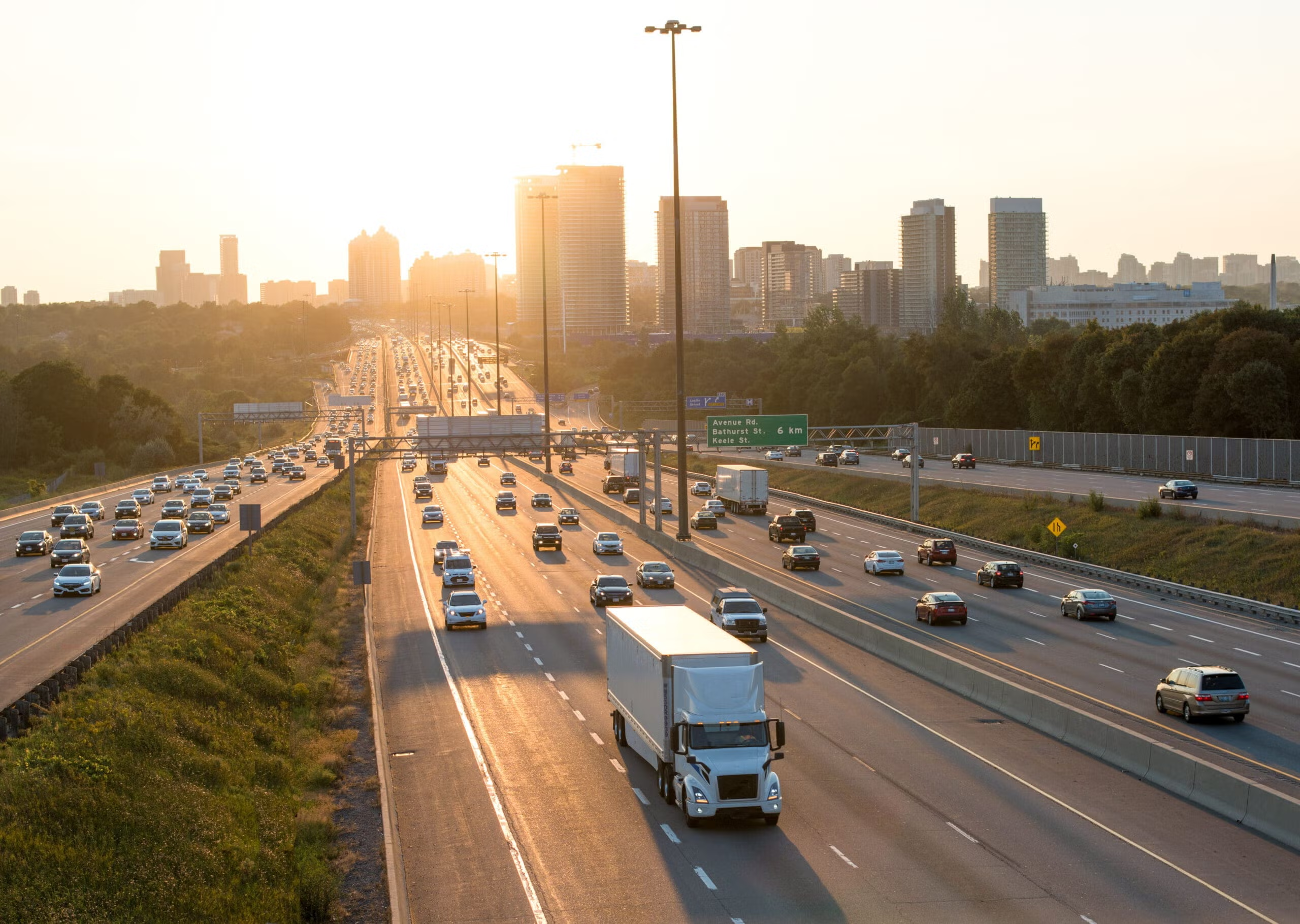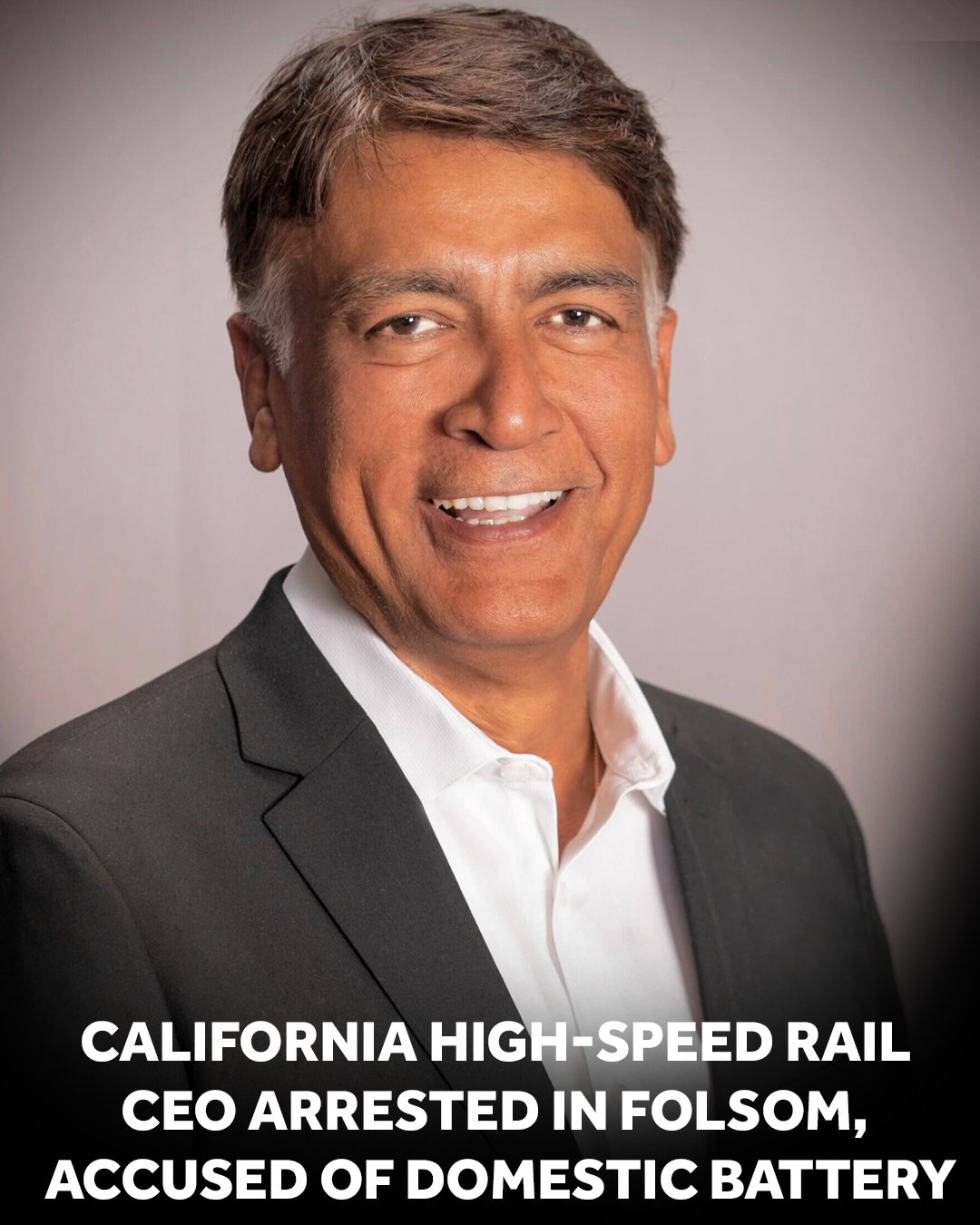Note: GJEL Accident Attorneys regularly sponsors coverage on Streetsblog San Francisco and Streetsblog California. Unless noted in the story, GJEL Accident Attorneys is not consulted for the content or editorial direction of the sponsored content.
Yesterday, Assemblymembers Laura Friedman (D-Glendale) and Phil Ting (D-San Francisco) made a first stab at codifying some of the recommendations made by a task force studying California's speed limit law.
Friedman warns that the bill is "a work in progress," likely to be amended during the legislative process. Certainly the first steps it calls for are small ones: for now, A.B. 2121 would simply extend the period of time between required traffic speed surveys, under certain conditions.
Current state law requires a regular survey of traffic speeds--every five or seven years, depending on the circumstances--on road segments. If surveys are older than that, the state considers the speed limit to be a speed trap, and unenforceable. That leaves some jurisdictions unable to enforce their speed limits because their data is too old.
But car speeds tend to go up over time, and each time a traffic speed survey is taken, it's not unusual to find that more drivers exceed the limit. This could be due to many things, such as new vehicle designs that lull drivers by making them feel safe, growing distractions and inattention to conditions, habituation to a roadway, or even internal psychological pressure to drive faster because there are more vehicles on the road.
Because speed limits are set based on the speed of 85 percent of the drivers on any particular segment, a new speed survey could force authorities to raise the speed limit there, as happened on many streets in Los Angeles a few years ago. In turn, higher limits encourage people to drive faster, thinking it must be safe--even if road conditions haven't changed, and without regard to the safety of other people like cyclists and pedestrians using the road.
Basically California is allowing drivers to set speed limits by assuming they know what a safe speed is--belying research that says otherwise.
Instead of directly tackling this process, though, A.B. 2121 starts by simply extending the number of years required between traffic surveys to ten years, in places that have experienced an increase in crashes. This could be useful, in the short term, for cities whose hands are currently tied in terms of enforcement. But, so far, it doesn't take on the bigger recommendations in the task force report, which called for developing a speed-setting process that considers context and other road users, rather than just drivers.
A.B. 2121 calls for two other changes based on recommendations in the report:
- The creation of a statewide traffic safety monitoring program focusing on pedestrian and bicycle crashes
- The convening of a committee of external design experts to advise Caltrans on revisions to the Highway Design Manual
The bill will get its first hearing some time this spring. Californians can expect more legislation based on the Zero Fatalities Task Force report in the next few weeks.






